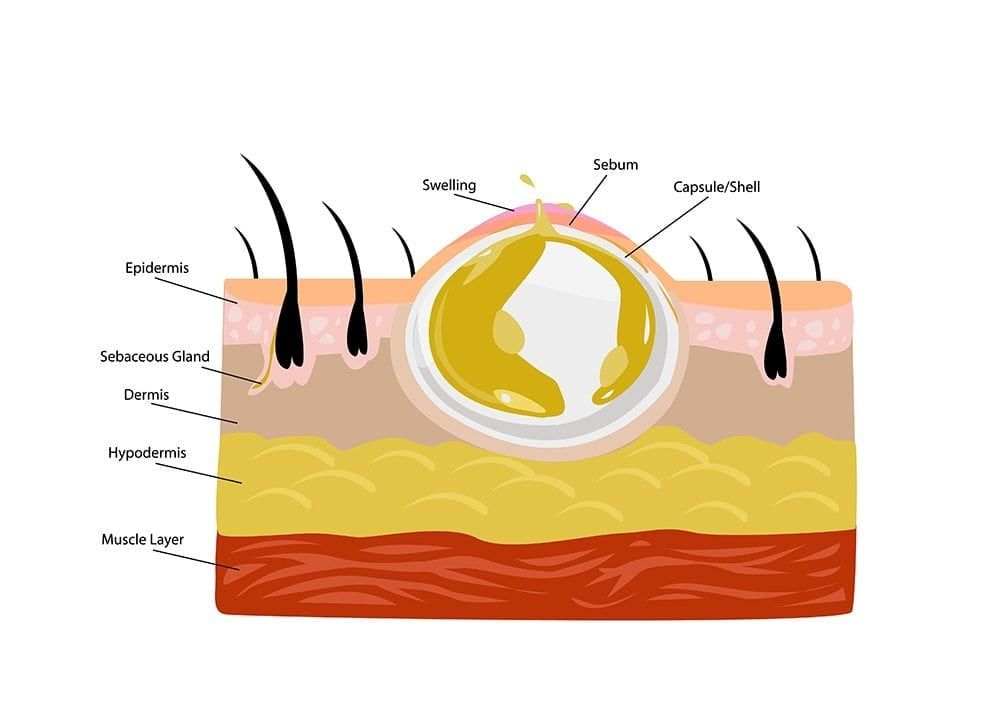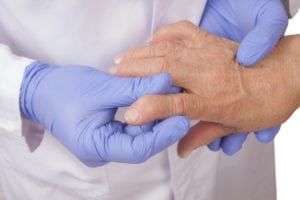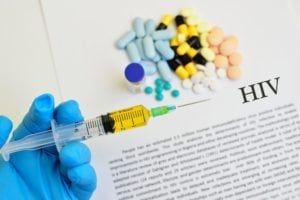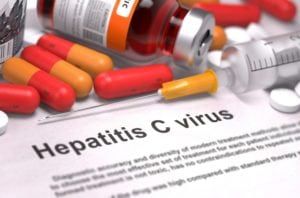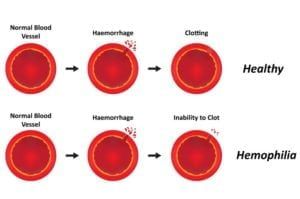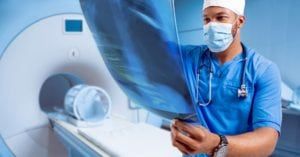An abscess occurs when bacteria accumulate beneath the skin, resulting in the formation of pus. Eventually, the pus and bacteria create a raised pocket that may continue to grow until drained and treated. Also known as boils, abscesses are easily treated by an urgent care provider in the comfort of a doctor’s office. Abscess I&D (incision and drainage) is quick, simple, and allows the skin to return to normal in as little as one to two weeks. Leaving an abscess untreated, however, can allow the infection to spread, affecting other areas of the skin.
Did you know…
that 1 in 50 urgent care visits are related to abscessed skin lesions? Abscesses are caused by bacteria, which make their way into the skin via a number of sources. Some of the most common ways bacteria penetrate the skin are through animal bites, insect bites, or through a puncture wound. Abscesses can also occur due to pimples, blocked oil glands, and ingrown hairs.
Frequently Asked Questions
Should I see a doctor if I think I have an abscess?
Yes. You should never attempt to push, squeeze, or drain an abscess on your own. Doing so can push an infection deeper into the skin or otherwise injury an underlying blood vessel.
How should I expect the doctor to treat my abscess?
The standard treatment for an abscess is an abscess I&D. During this procedure, your doctor will numb the surface of your skin, and an incision will be made to drain pus and debris from the boil. Depending on the size of the abscess, it may also be treated with an antibiotic and ‘packed’ to help it heal.
Are there any special instructions I will need to follow to help my abscess heal?
Your doctor may prescribe antibiotics to help prevent the spread of infection. You may also be instructed to keep the incision site bandaged and dry in the days following the treatment. Be sure to contact your doctor if you notice swelling and inflammation or have a fever following an abscess I&D.
